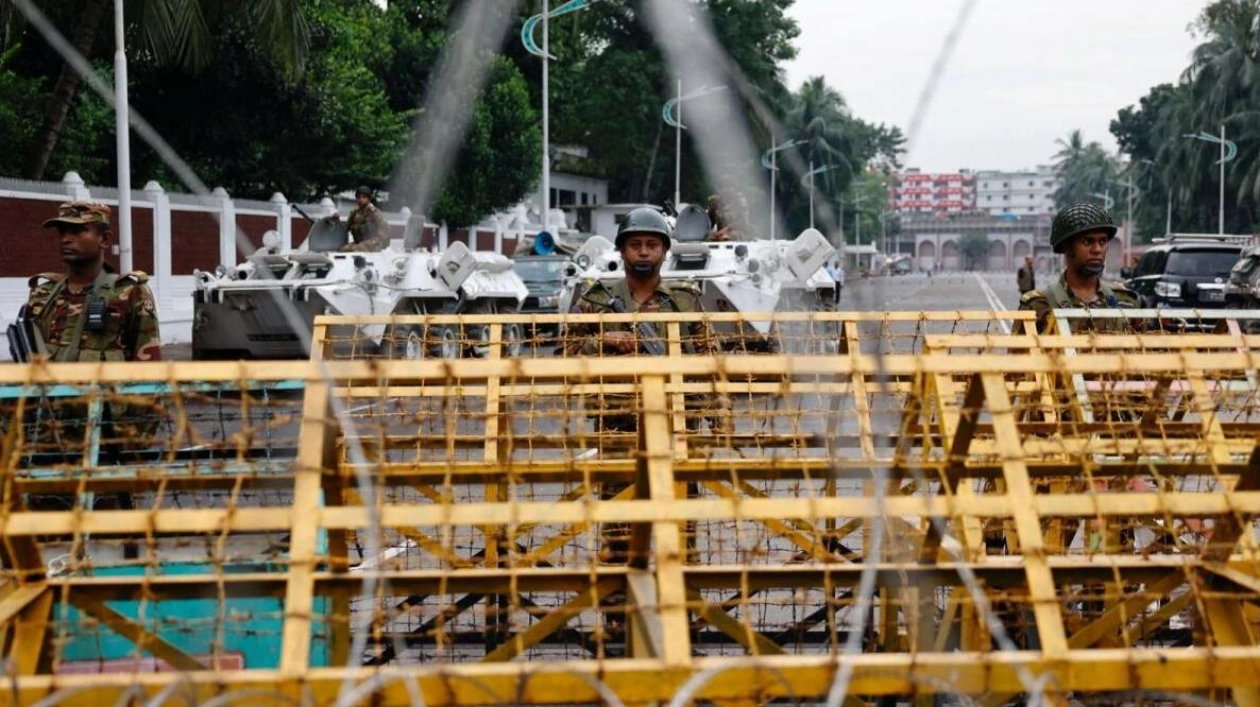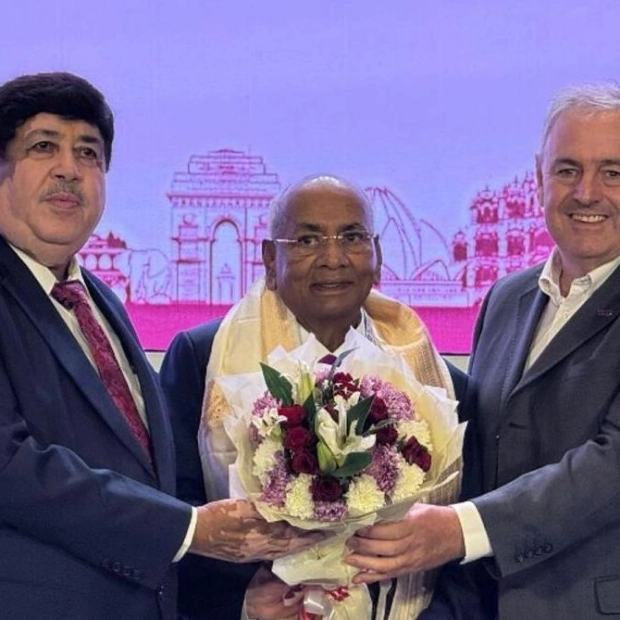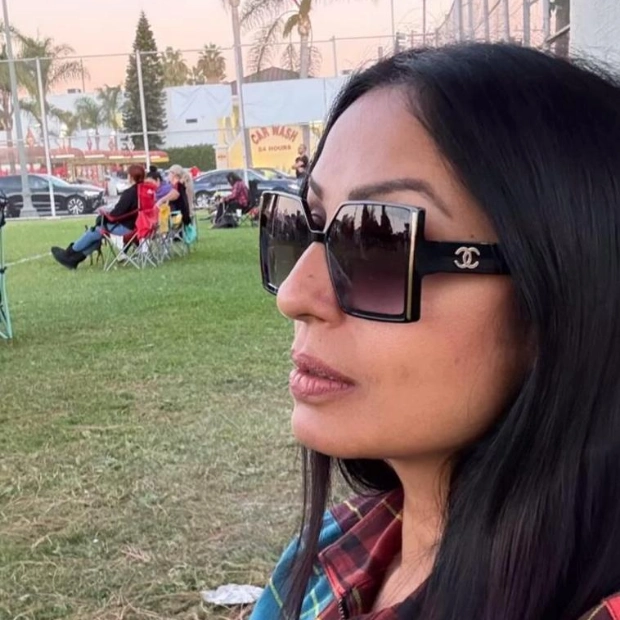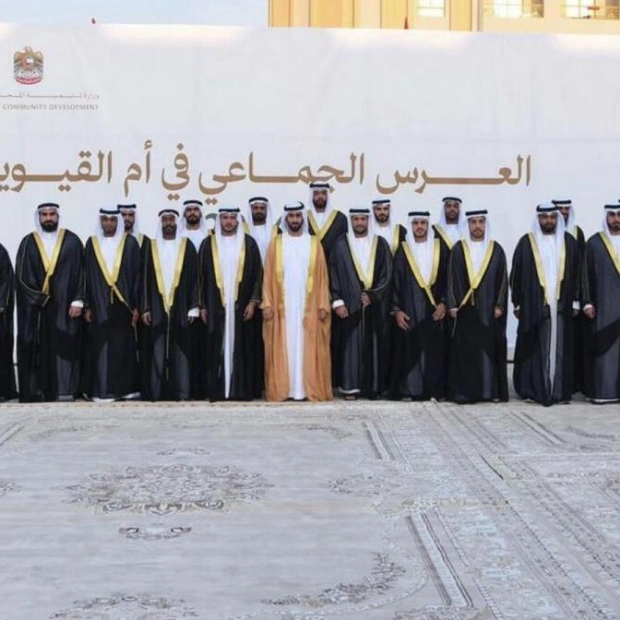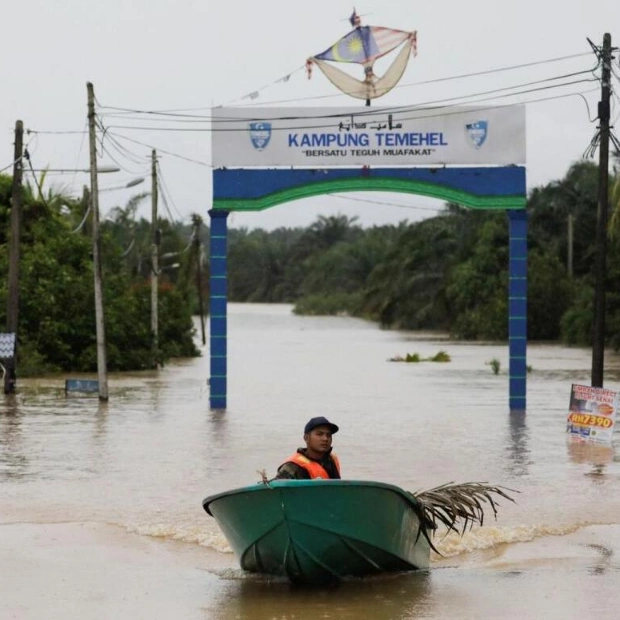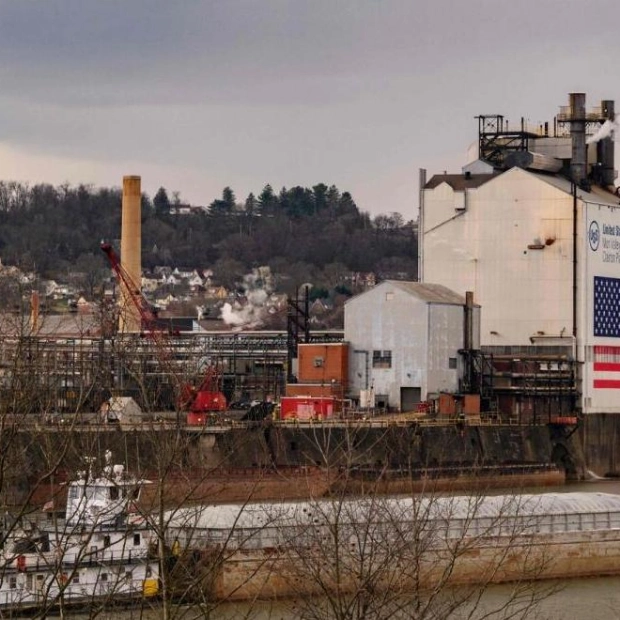Security personnel are stationed outside Bangabhaban, the residence and workplace of President Mohammed Shahabuddin, following protests demanding his resignation in Dhaka, Bangladesh, on October 23. – Reuters file
Hundreds perished during the student-led revolution that ousted Bangladesh's autocratic leader Sheikh Hasina, but those affected by the subsequent violence fear that the new government's promise of justice will not extend to them. The family of 16-year-old Shahriar is concerned that those who beat their son into a coma may never be tried, as broad immunity from prosecution has been granted to protesters involved in the uprising. The shallow rise and fall of Shahriar's chest, connected to a ventilator in a Dhaka hospital's intensive care unit, are the only indications that he is still alive. "My child hasn't opened his eyes or spoken," his distressed father Abdul said, using only his first name due to fear of retribution. Abdul has barely slept since a mob brutally attacked his son during widespread violence that erupted as Hasina fled to India by helicopter on August 5.
Police, who were blamed for the deadly crackdown on protesters that resulted in over 700 deaths before Hasina's fall, went into hiding. Some of the ensuing violence was driven by revenge, targeting those perceived as loyal to the now-toppled regime. Officials report that at least 46 police officers were killed, while members of Hasina's Awami League party were lynched and buildings were set ablaze. Other attacks were motivated by greed or religious hatred. Abdul, a member of the minority Muslim Ahmadiya Sufi sect from Panchagarh district, fears those responsible for his son's attack will not be held accountable. His son was playing outside when a mob stormed the village, burning Ahmadiya homes and looting businesses.
"Nearly 500 people armed with sticks and hammers invaded Ahmadiya houses," said Ahmadiya community member Mawlana Muhammad Salauddin, who witnessed the violence. "The chaos continued for two hours," he added. "Many sought refuge in the mosque, while others hid in bushes or a neighbor's house." Ain O Salish Kendra, a prominent human rights organization, reported that at least 318 people, including children, were killed between August 5, the day of Hasina's ouster, and August 8. The Bangladesh Hindu, Buddhist, Christian Unity Council (BHBCUC) documented 2,010 incidents, including murders and rapes, from August 4-20. Among these were cases of people killed during the destruction of a museum at the home of Hasina's father, Bangladesh's first president Sheikh Mujibur Rahman.
Sukumar Biswas, a cobbler, witnessed "four burned bodies" in front of the now-charred building. Their small size suggested "three of them were children," he said. Another victim, a woman from the Hindu minority, reported being raped on August 5 while her husband hid their three children. "We haven't sought justice out of fear," she said, requesting anonymity. Some Bangladeshi Hindus, who comprise less than a tenth of the country's 170 million people, were targeted because they were perceived to have supported Hasina. However, the new government has granted widespread immunity to protesters, including not only during the revolution but also for the three days following Hasina's fall.
"A new journey toward a nondiscriminatory Bangladesh has begun with the fall of an autocratic and fascist government," said interior ministry spokesman Faisal Hasan, reading the October 14 order. "Students and citizens who contributed to the success of this uprising will not face prosecution, arrest, or harassment for their actions between July 15 and August 8." In contrast, the police have focused on investigating the old regime, and dozens of Hasina's allies have been arrested. An arrest warrant has been issued for the fugitive 77-year-old Hasina, last seen at a military airbase near India's capital New Delhi. Hasina's 15-year rule was marked by widespread human rights abuses, including the mass detention and extrajudicial killings of political opponents.
But Nirmal Rozario, from the BHBCUC religious council, emphasized that justice must be for all. "If the government aims to ensure good governance, they should investigate every case and prosecute the perpetrators," Rozario said. Human rights barrister Sara Hossain stressed the importance of ensuring that the immunity order is not used to provide "indemnity for anyone involved in violent crimes," urging the government to clarify its stance. Hossain noted that neither attacks against minorities nor reprisals against political parties "could be considered acts related to the protest." In the hospital ward, Shahriar's family waits for any sign of improvement. Heartbroken Abdul spends his days peering at his son from outside the room, while his wife visits for the permitted 30 minutes each day.
"I spend the whole day on the balcony just to catch a glimpse of him," he said.
Source link: https://www.khaleejtimes.com
